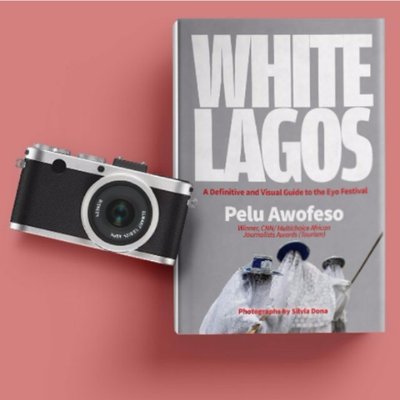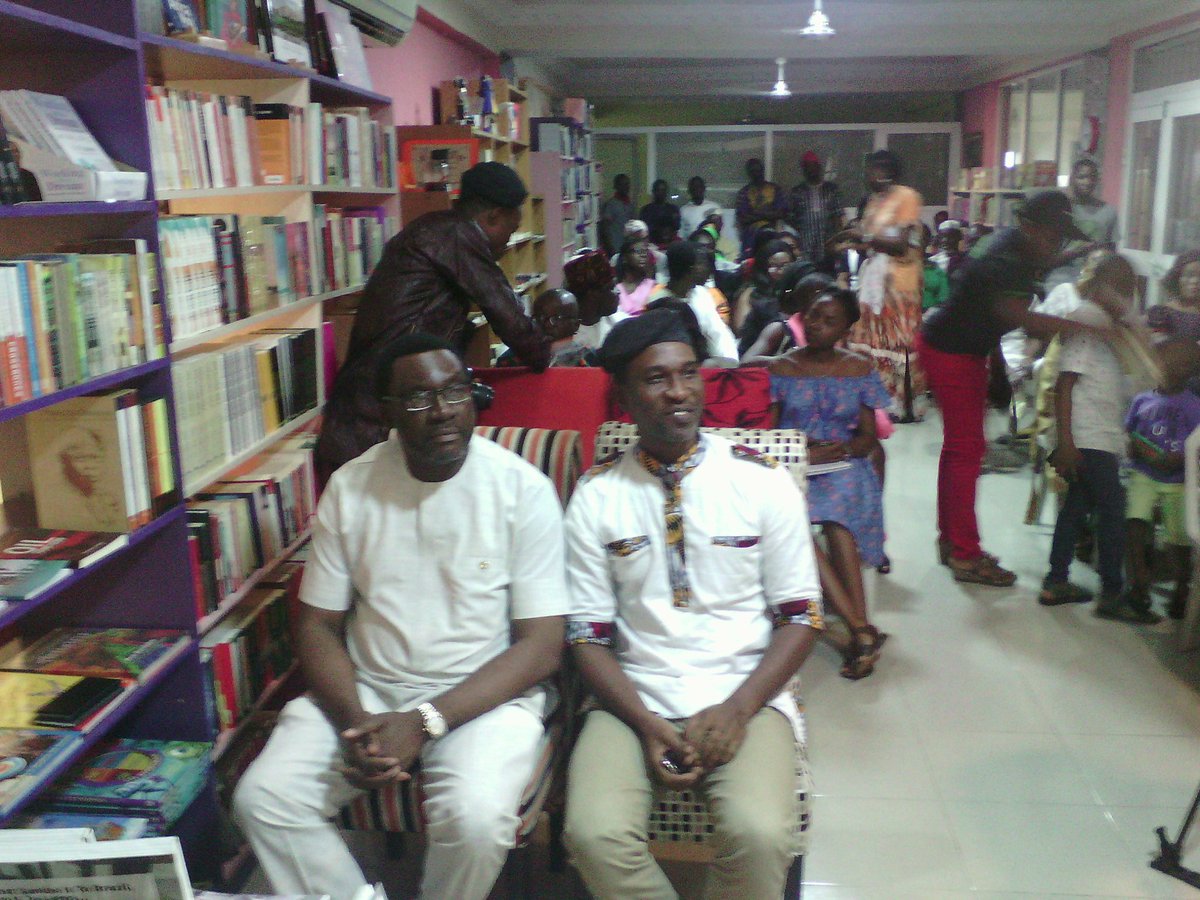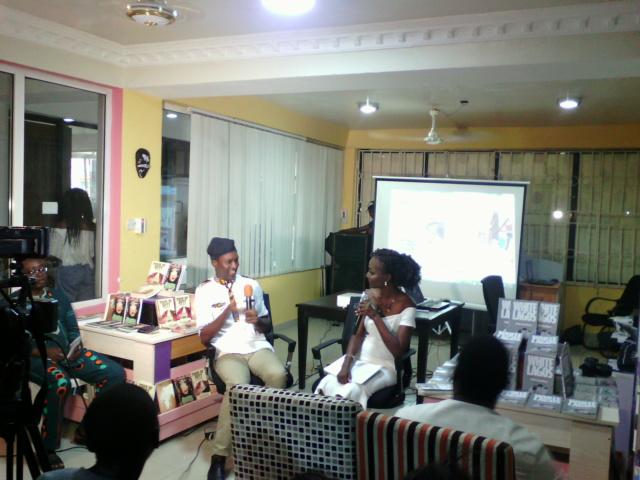 By Ronke Sanya
By Ronke Sanya
Books are the plane, and the train and the road. They are the destination and the journey. They are home.” – Anna Quindlen
Sunday, July 23, 2017 was an evening to travel and explore the beauty of one of Nigeria’s foremost festival, bringing to life Nigeria’s rich cultural heritage. The journey saw book lovers and culture enthusiasts gathered at the PAGE Book Connoisseurs, Allen Avenue for the listening party of #WhiteLagos.
The book, White Lagos is a deep documentary of the Eyo Festival with coloured with vivid details, personal eyewitness encounters, and interviews of the author, Pelu Awofeso.
A travel journalist, culture reporter, city guide and author, Awofeso, speaking during the launch of his book, reemphasized his commitment to documenting Nigerian culture.
He revealed further that, there’s only so much the book can do but parents must also pass information to children and keep the Nigerian culture alive.
”When I go to festivals I see a lot of foreigners; why should they show more interest in our festivals than we? I will do the bit I’m doing to document culture,’’Awofeso said.
The special guest at event, Lagos State Commissioner for Information and Strategy, Mr Steve Ayorinde gave answers to various questions during an interview session with Bukola Ajiboye. He noted that the statue of Gani Fawehinmi was not pulled down in a destructive manner but was only meant to be relocated and also that the ministry of tourism is working with students who are being exposed to opportunities.
The photographs in the book were captured by Silvia Dona, and here is why the book is must read:
”WHITE LAGOS is a rare book that will fascinate and inspire the reader. A beautifully illustrated volume, it brings facets of one of Nigeria’s foremost heritage to life through lively depictions and extraordinary details, revealing never-before-recorded experiences on happenings before, during, and after the Eyo festival.
Using extensive research, personal eyewitness encounters, and interviews with the festival’s participants, curators and visiting spectators, Pelu Awofeso takes the reader on a journey through preparations for the festival, and a kaleidoscope of riveting and colourful activities, all of which end in a spectacular finale at the Tafawa Balewa Square.
This is the ideal armchair traveller companion and for anyone who looks to witnessing the festival someday.”




